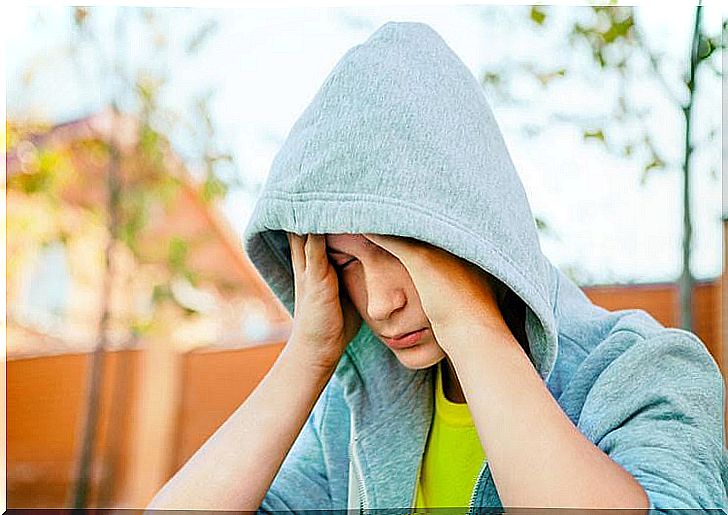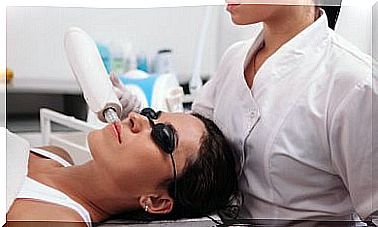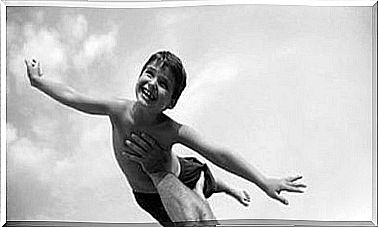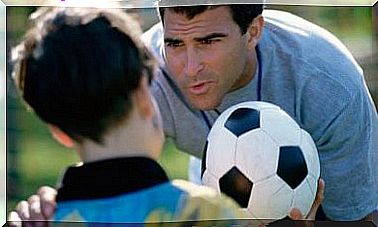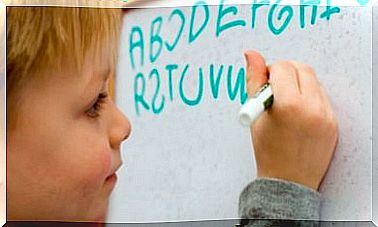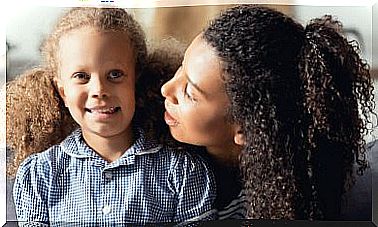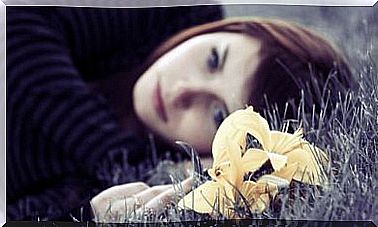Childhood Schizophrenia: Symptoms, Causes And Treatment
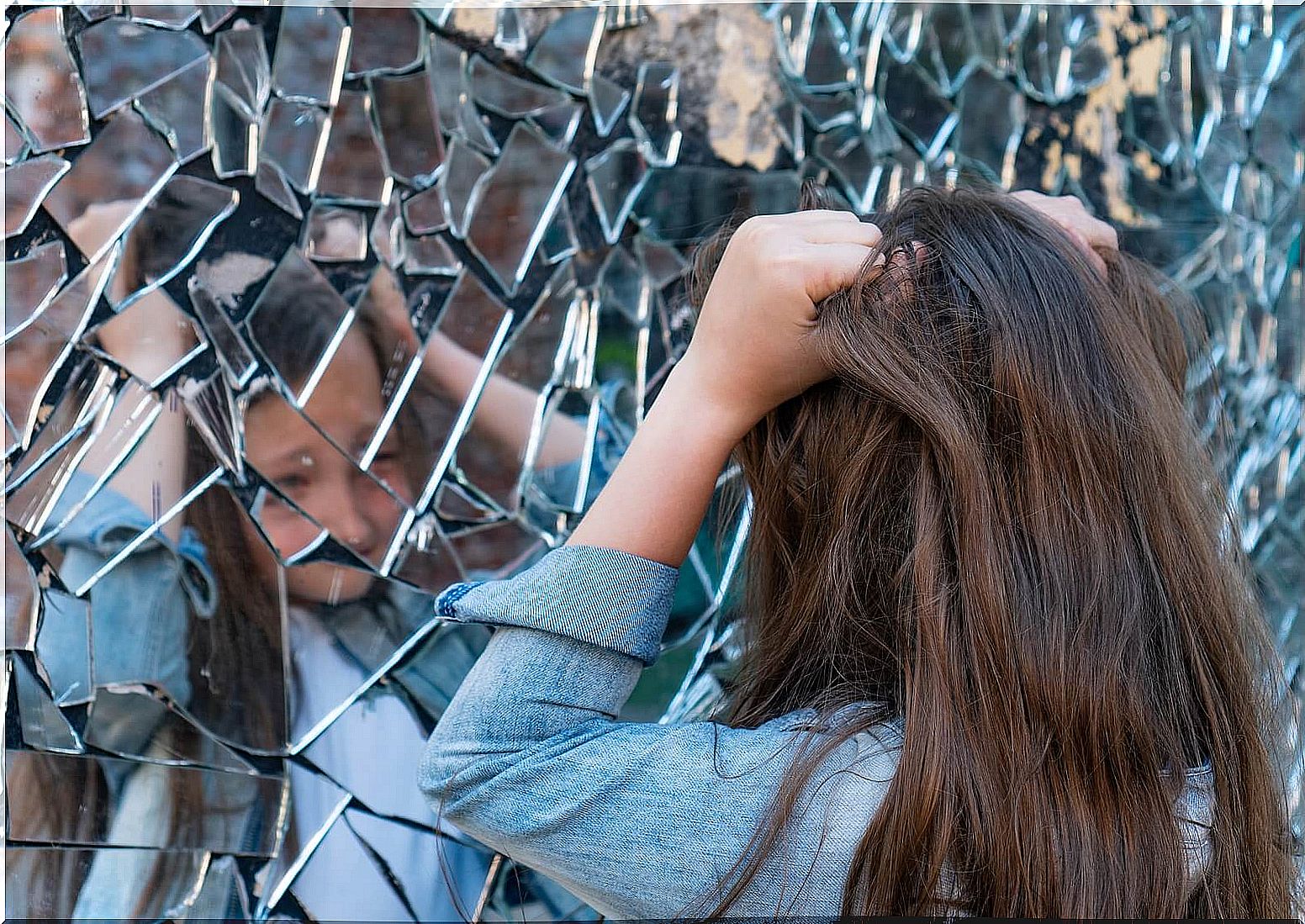
There are serious mental disorders in adults, but in children their effects can be worse when they occur at a young age. One of these disorders is childhood schizophrenia; It is like that of adults, but it has a greater effect on the development and behavior of children, which will imply difficulties for its diagnosis, treatment, emotional and social development.
This disease requires treatment throughout the life of the person who suffers it, therefore, early detection is crucial to obtain better results with children in the long term.
What is childhood schizophrenia?
Childhood schizophrenia is a very rare disorder in children, but serious, since they interpret reality in a distorted way. This disease compromises thoughts (cognitive level), behavior and emotions.
It can cause hallucinations, delusions, thought and behavior disorders or a combination of these, and prevents the child from leading a normal life. For this reason, early detection and treatment as soon as possible is important.
Symptoms of childhood schizophrenia
It is not common for a child to be diagnosed with schizophrenia before the age of 13 (this occurs in very rare cases). It is a disorder that normally begins between the ages of 25-30, although early-onset schizophrenia can occur.
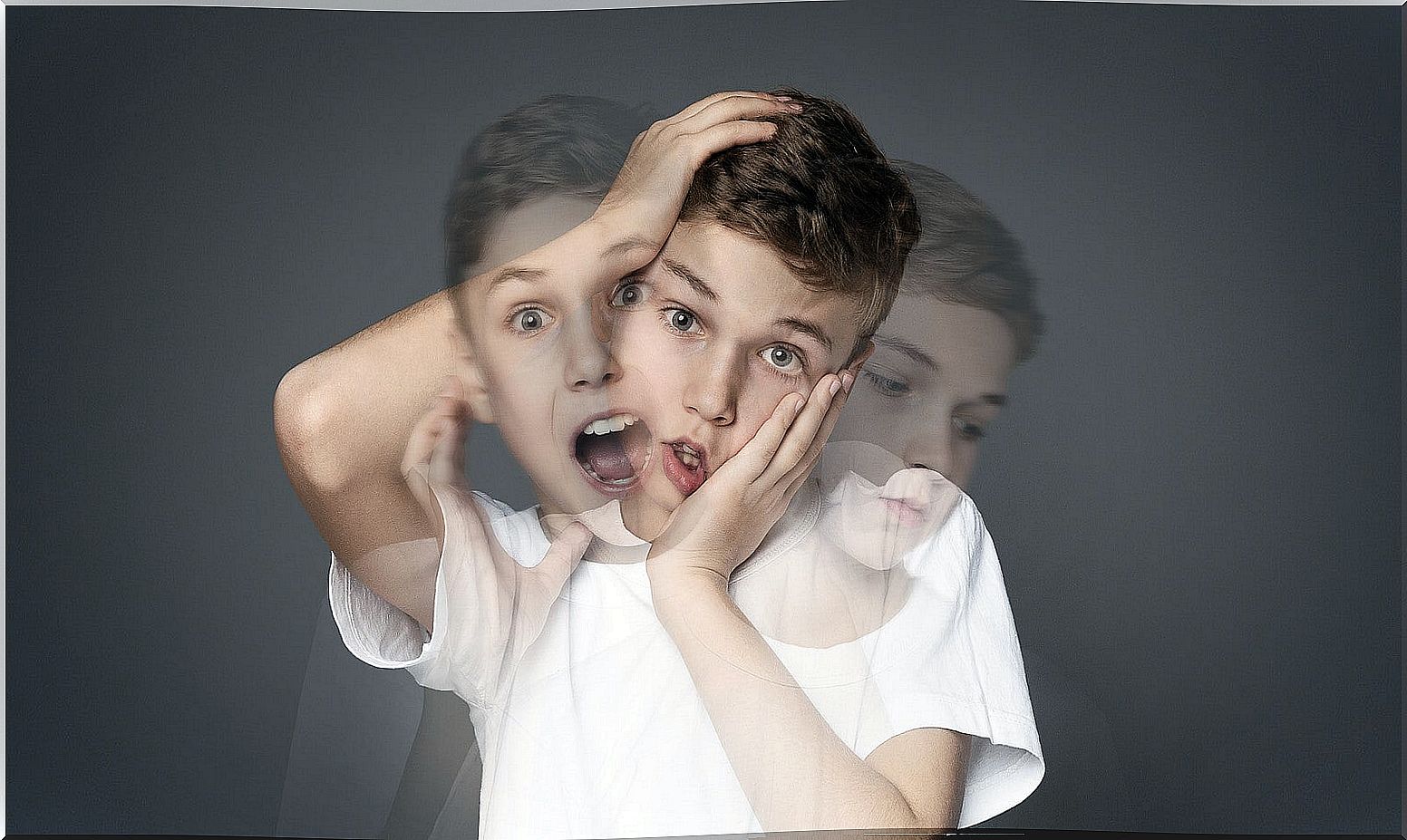
This disorder has different symptoms and these can vary over time, both in the type and in the severity of them. There may even be periods of worsening or disappearance of symptoms.
Symptoms at an early age
Some of the symptoms usually involve problems in the development of children, such as:
- Late crawling.
- Delay in speech
- Delay in starting to walk.
- Abnormal motor behaviors, such as rocking or waving the arms.
These symptoms are not unique to this disorder; some of them are also characteristic of children with autism spectrum disorder (ASD) or developmental problems. For this reason, the first thing to do is to make a diagnosis to rule out other problems.
Symptoms in adolescence
The symptoms of adolescents are very similar to those of adults, but it is more difficult to make a diagnosis at this age, since some of them are common with the special development that adolescents have.
- Difficulty sleeping.
- Lack of motivation.
- Poor school performance.
- Moodiness.
- Depressive state
- Weird behaviors.
- Substance abuse.
- Distance from family or friends.
In this sense, adolescents are less likely to have delusions, but more likely to have visual hallucinations.
Later signs and symptoms
As children grow, other symptoms that are easier to diagnose may appear, since, when symptoms begin at an early age, they can be mistaken for a growth phase. Some of these later symptoms are
- Delusions (thoughts that are not based on reality).
- Hallucinations (seeing or hearing things that are not there or are not there).
- Disorganized thinking and speech (answers that do not have to do with the questions, nonsense words that are not understood, etc.).
- Disorganized motor behavior (unexpected excessive agitation, not following instructions, strange postures, etc.).
- Negative symptoms (inability to lead a normal life).
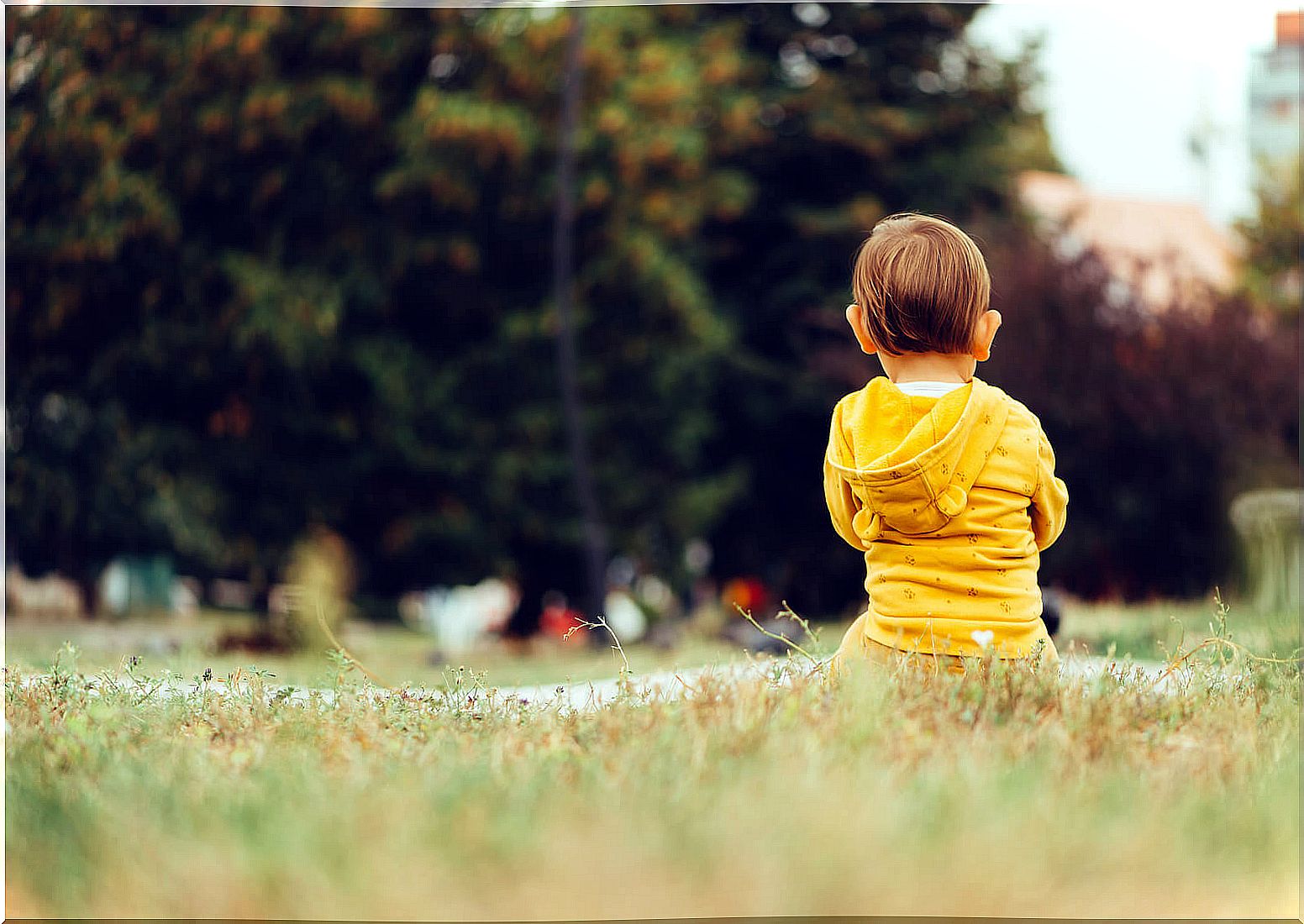
Causes of childhood schizophrenia
It is not known exactly what causes early-onset schizophrenia in children, but it follows that it does so in the same way that it occurs in adults. Researchers indicate that it may be due to a combination of genetics, brain neurotransmission problems, and the environment.
Neuroimaging studies indicate differences in the brain and nervous system structure of people with schizophrenia and those without it. It is not clear why it starts early in some cases and not in others.
Risk factor’s
Although there are no specific causes that cause this disorder, there are certain factors that can trigger childhood schizophrenia, such as:
- Older father.
- Family history of schizophrenia disorder.
- Complications in pregnancy or childbirth.
- Substance use during adolescence that can affect the mind.
Treatment of childhood schizophrenia
Once the diagnosis has been received, this disorder requires lifelong treatment, even if there are periods of disappearance of symptoms. Treatments for childhood schizophrenia include
- Medicines, to treat symptoms such as delusions, hallucinations, or disorganized thinking.
- Psychological therapy, to help develop self-defense skills throughout life.
- Sometimes hospitalization.
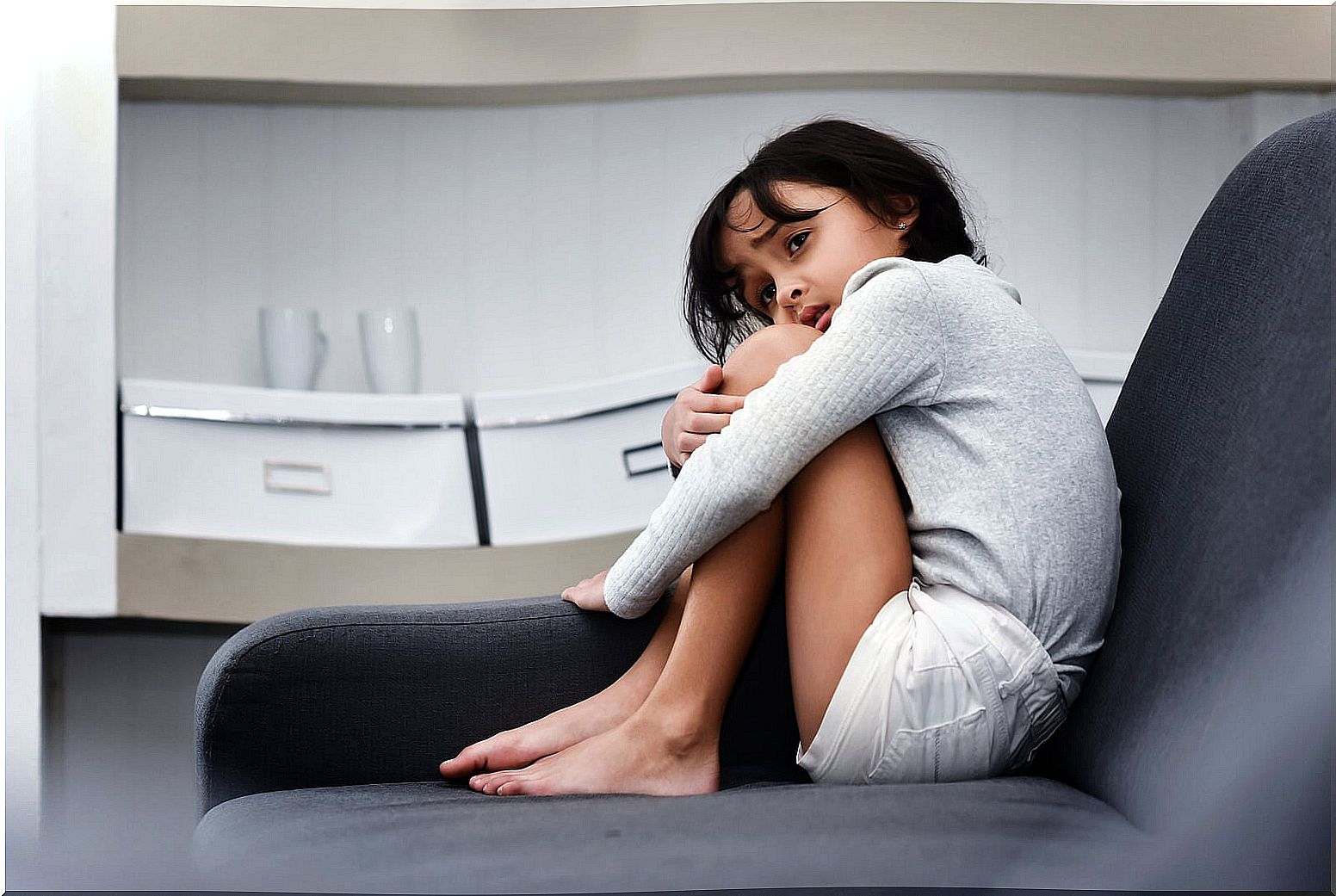
The medications chosen in children are usually the same as those given to adults. Youngsters are often prescribed second-generation antipsychotics, as they have fewer side effects than first-generation ones.
In this sense, if childhood schizophrenia is not treated, it can lead to other serious emotional, behavioral or health problems. Therefore, its early detection and treatment is important. Some complications that can occur if left untreated include
- Social isolation.
- Suicidal thoughts or attempts.
- Anxiety disorders.
- Depression.
- Conflicts with the family.
- Substance abuse.
- Difficulty living independently.
- Health problems.
- Aggressive behaviors
- Self-harm.
On childhood schizophrenia …
As we have seen, childhood schizophrenia is not a very common disorder in children, but it can occur. For this reason, it is important to detect and treat it early to control this disorder before the more serious complications appear.
Early medical treatment is crucial to regulate and reduce psychotic episodes, which can be very difficult to deal with, for both parents and children. These treatments need constancy so that the symptoms improve and the children have long-term quality of life.
